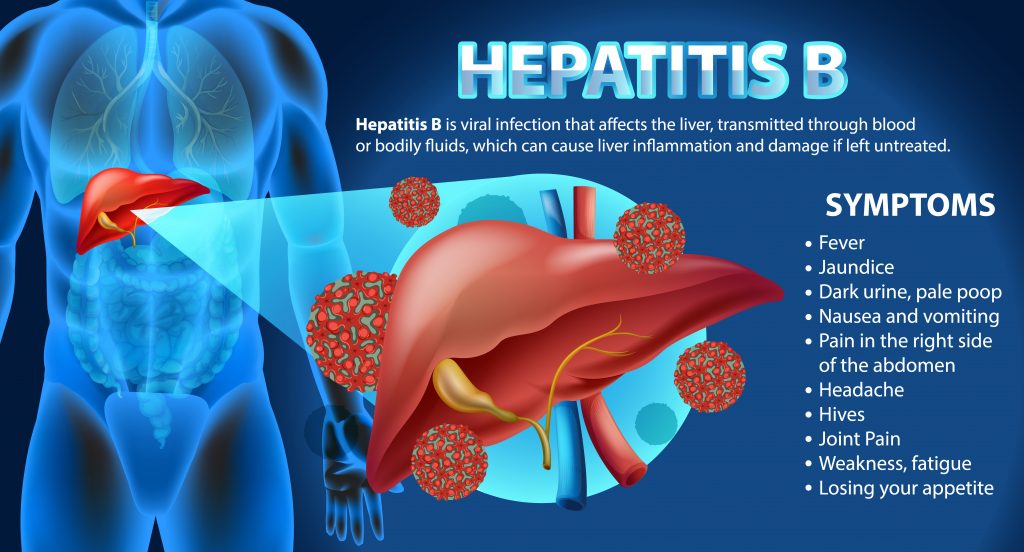
Hepatitis B is a viral infection that attacks the liver. It is “most commonly transmitted from mother to child during birth and delivery as well as through contact with blood or other body fluids during sex with an infected partner, unsafe injections or exposures to sharp instruments” (https://www.who.int/news-room/fact-sheets/detail/hepatitis-b).
The World Hepatitis Day campaign theme for 2023 is “We’re not waiting”. It is “a call to accelerate elimination efforts of viral hepatitis now and the urgent need for testing and treatment for the real people who need it.” (https://www.worldhepatitisday.org/).
28 July was chosen by the WHO to be World Hepatitis Day because it falls on the birthday of Nobel-prize winning scientist Dr. Baruch Blumberg (1925-2011). Dr. Blumberg not only discovered the hepatitis B virus (HBV), but he and his would go on to develop “a diagnostic test and vaccine for the virus.“ (https://www.who.int/campaigns/world-hepatitis-day)
In his book, “Hepatitis B: The Hunt for a Killer Virus (2002)”, Dr. Blumberg describes how in 1964 while studying human blood samples, he and his team discovered the surface antigen for hepatitis B, later proving how the virus can cause liver damage.
This book is available to read and/or borrow in the main reading room of the library, classmark KS 2002, and the link to its physical location is here. It is currently part of a book display on this topic in the main reading room of the library.









